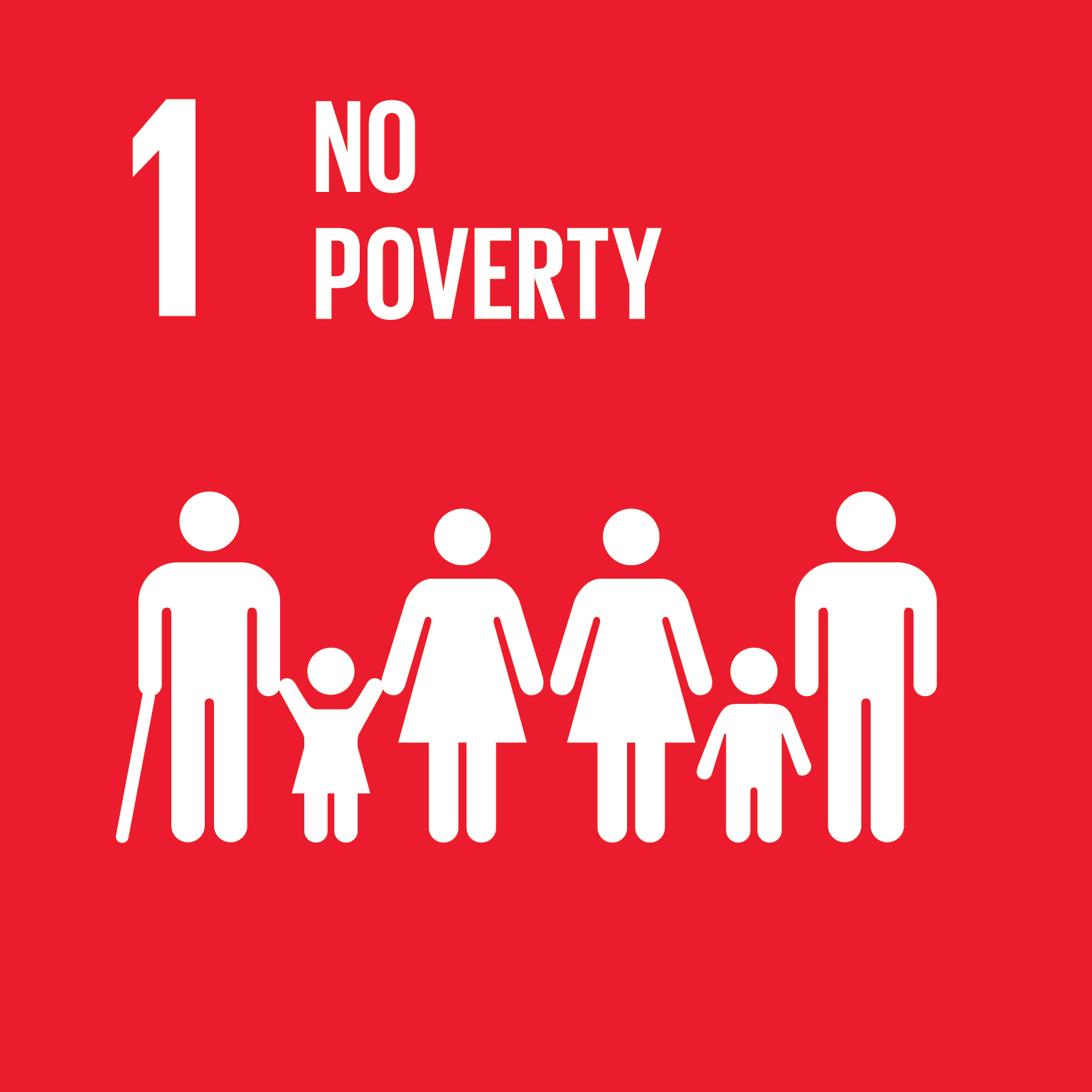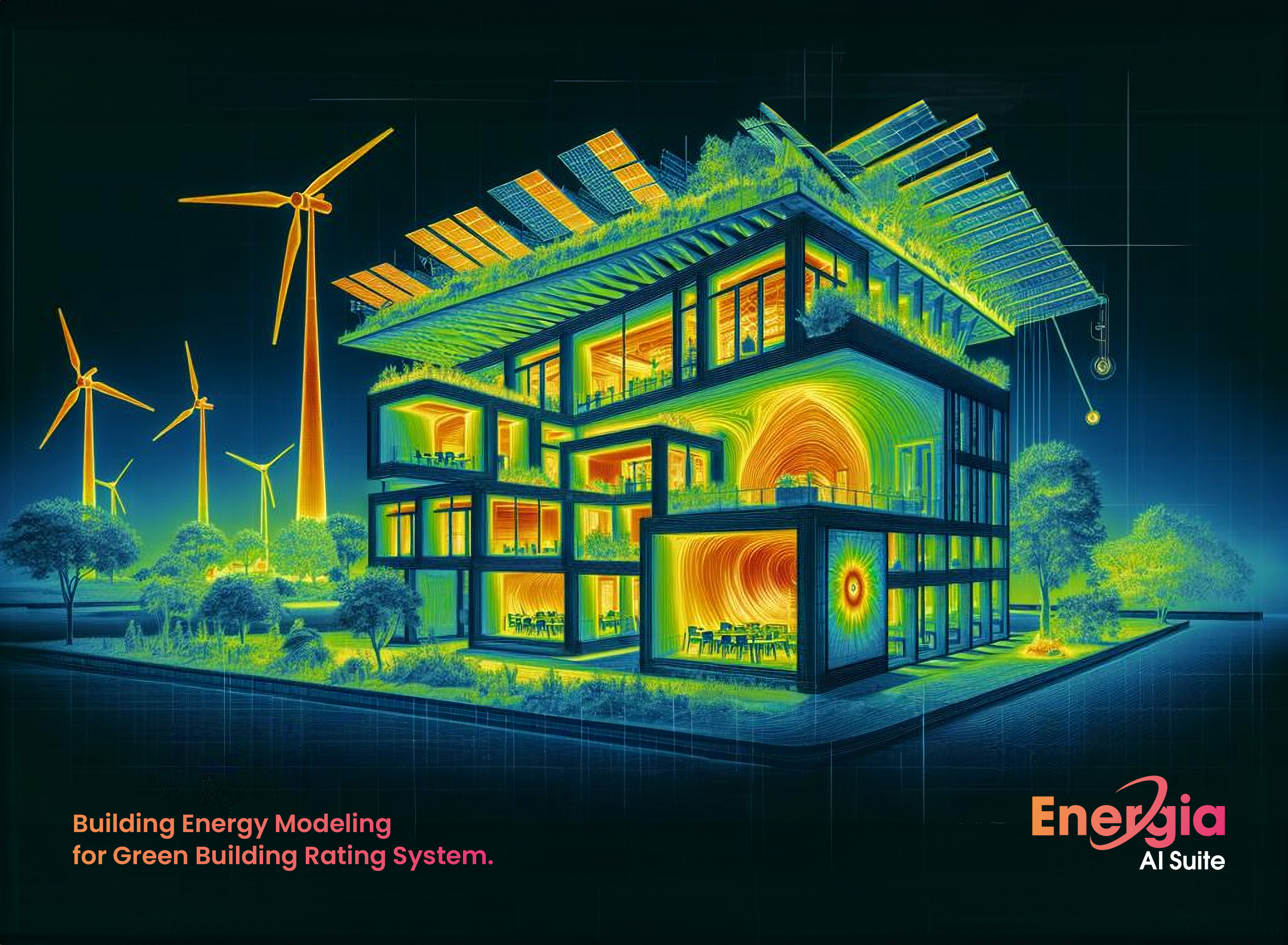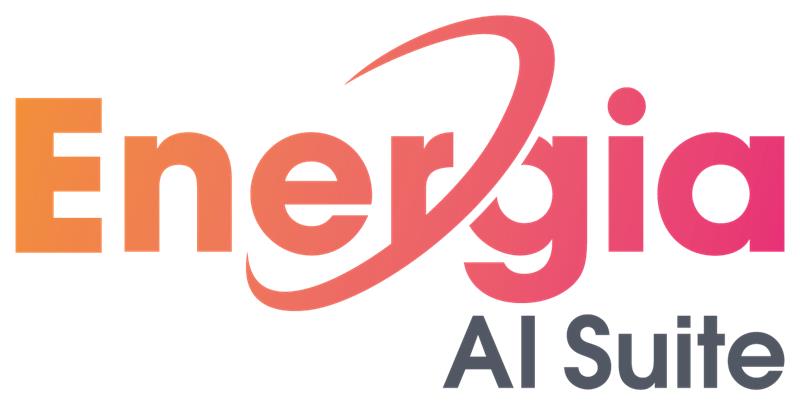Energia AI Suite: Sustainable Energy Performance and Carbon Reduction for Buildings
Empowering energy-efficient buildings across the Global South to reduce carbon footprints and achieve net-zero goals.
Challenges
Buildings contribute significantly to energy consumption and greenhouse gas emissions globally, accounting for 40%-60% of energy use and about 33% of emissions. In the MENA region, rapid urbanization and the prevalence of older, energy-inefficient buildings intensify this challenge. Traditional energy audits and assessments are often time-consuming, costly, and inaccessible for many building owners, hindering efforts toward energy efficiency and carbon reduction. Energia Suite addresses this by providing a cost-effective, user-friendly digital platform tailored for energy assessment in diverse building types and climates. The tool is designed to support both new and existing structures in the region, empowering stakeholders with actionable insights to reduce energy use, enhance efficiency, and achieve net-zero carbon goals.
Towards a Solution
Energia Suite was developed to address the significant challenge of energy inefficiency in buildings, which consume 40%-60% of global energy and are responsible for approximately 33% of greenhouse gas emissions. This tool contributes to achieving Sustainable Development Goals (SDGs) by improving energy efficiency (SDG 7), promoting sustainable cities (SDG 11), and supporting climate action (SDG 13). Specifically, Energia Suite enables building owners and managers to assess and manage energy use more effectively, thereby reducing their carbon footprint and supporting global net-zero initiatives. The initiative utilizes well established EN/ISO/ASHREA methodologies for assessing energy performance for buildings, which bypasses the need for complex 3D modeling and provides robust yet user friendly assessment tool. Unlike traditional assessment tools that can take hours to weeks and require costly expertise, Energia Suite is a plug-and-play solution that delivers insights within a few minutes of processing time using Python coded online platform. Its user-centric design allows building data to be directly input into the system, which then generates actionable reports and benchmarks. This streamlined approach has made energy assessments accessible to diverse stakeholders, including government entities, corporates, and individual property owners, while also reducing the overall cost of achieving energy efficiency. Energia Suite’s development was a collaborative effort between GORD and international academic partners, including the Georgia Institute of Technology and the University of Pennsylvania. By leveraging the expertise of these institutions, the platform was designed with a focus on user-friendly features tailored to the MENA region\\\\\\\'s unique climate and energy requirements. These collaborative actions exemplify South-South and triangular cooperation by enabling countries in the Global South to share insights and strategies for energy management, which are critical for overcoming shared transnational challenges. In terms of measurable outcomes, Energia Suite has been applied to over 2,400 projects, covering more than 240 million square meters of building space. This implementation envisaged an average energy reduction of 30%, leading to substantial carbon savings across diverse building types, from healthcare facilities and stadiums to educational institutions. These outcomes demonstrate the tool’s effectiveness in advancing SDG targets related to energy efficiency and emissions reduction. Energia Suite is also highly innovative, as it democratizes access to sophisticated energy management tools, enhancing the competitive advantage of countries in the Global South by supporting their decarbonization goals. The tool’s simplified interface removes technical barriers, allowing property managers without extensive training to conduct energy assessments. Additionally, by integrating climate-specific benchmarks and expanding support for diverse building types, Energia Suite aligns well with regional and global green certification requirements, further boosting its competitive edge. In terms of sustainability, the tool’s design ensures long-term utility by supporting continuous updates, which include expanding its database to incorporate climate data from 8,000+ cities worldwide. Moreover, Energia Suite’s alignment with green building certification requirements in Qatar, including mandatory use for GSAS-certified projects, strengthens its position within regional policies. This regulatory backing and adaptability underscore its potential for sustained impact over time. Replicability is central to Energia Suite’s design. Its adaptable architecture and ease of implementation allow for rapid scaling across other regions facing similar energy challenges. Conditions necessary for replicability include local adaptation of climate data and an initial training phase for users. With these steps in place, Energia Suite can be extended to additional countries seeking efficient and affordable energy solutions. In addition, the tool is currently used as a teaching material in several universities in the region including but not limited to Qatar University, Kuwait University and Dhfar University of Oman to aid teaching students the principles of passive design and its impacts building performance, the active mechanical systems and their contributions to the energy consumption of buildings and the merits of employing renewable energies in the development. Key lessons from Energia Suite’s development emphasize the importance of collaboration in creating scalable solutions. Partnering with academic institutions enabled the incorporation of cutting-edge methodologies, while government support ensured alignment with regulatory goals. The project highlights that successful South-South cooperation is built on mutual benefit, adaptability, and a commitment to sustainability, setting a benchmark for future energy management initiatives across the Global South.
Contact Information
Zaki Mohamed
Countries involved
Qatar
Nominated By
Gulf Organisation for Research and Development (GORD)
Supported By
Gulf Organisation for Research and Development (GORD)
Implementing Entities
Gulf Organisation for Research and Development (GORD)
Project Status
Completed
Project Period
1/2009 - 12/2024
Sectors
Sustainability and Environment, Water
URL of the practice
https://institute.gord.qa/energia-suite/Primary SDG
07 - Affordable and Clean Energy
Secondary SDGs
11 - Sustainable Cities and Communities
Primary SDG Targets
7.3Similar Solutions










